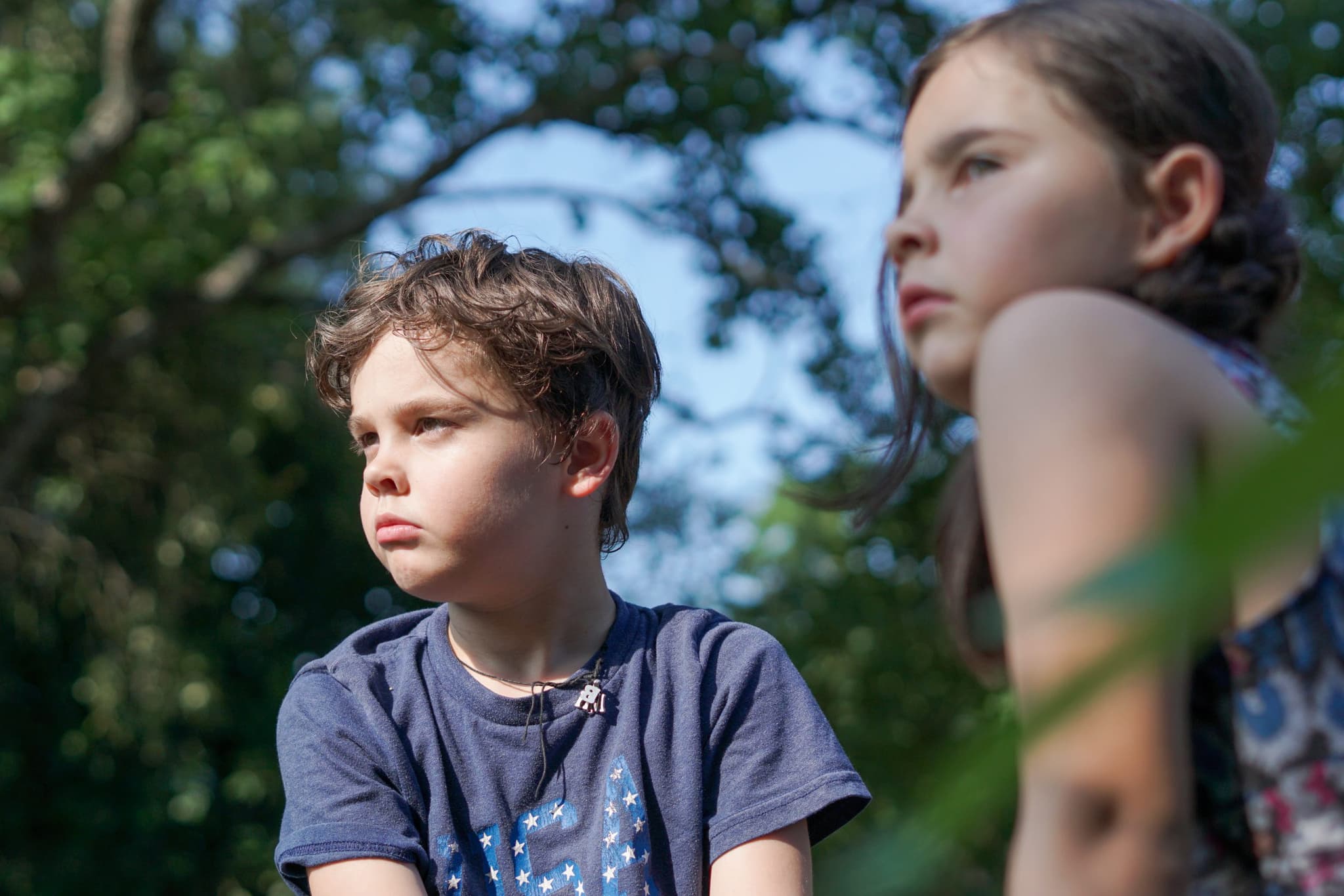Research
Understanding Children
Research highlights the impact on children of growing up with an ill sibling

Freya Lucas
Sep 29, 2020
Save
PhD research has highlighted the educational impact on children being the ‘well sibling’ when families have one or more children who are experiencing a serious chronic illness.
Dr Marianne Fernandes completed her PhD in 2019, investigating the educational impact of being the ‘well sibling’ growing up alongside a seriously ill brother or sister, and was confronted by the negative effect the experience can have on children – an impact which no one seems to know how to address.Her thesis, ‘Educational Support for School-aged Siblings of Children with a Chronic Health Condition’, looked at the role of schools in improving the lived experience of these well siblings. She also looked at the significance of policy in changing long-term outcomes of well-siblings and how it needs to change.
Although her research centres on children of school age, the findings will be applicable for those school aged children who are also attending early childhood education and care (ECEC) services.
Fernandes' interest in relationships between well and ill siblings was born from her experience teaching in hospital schools, which help children undergoing treatment keep up with their education.
For the past eight years she has been working exclusively with young cancer patients as an Education Program Coordinator for the Back on Track program at the Children’s Hospital in Westmead, Sydney.
“My research was primarily about what is and can be done at school to make the situation easier and more manageable for the well child,” she said.
When parents are distracted caring for an ill sibling, children lose “an important proximal connection that is necessary for them to develop,” Dr Fernandes said.
“The next close connections are grandparents and extended family,” she added. “The issue is that much of the extended family often revolve around the ill child, too.” This is when education and care environments become one of the few places where a well sibling can be themselves.
“I’m certainly not the first person to do research into this subject; people started to notice in the 1970s, or maybe even earlier, that well siblings were often not really well when you looked at the bigger picture. The well child is often so neglected that they are not the well child anymore,” she added.
The difference with her research is that an educational and sociological perspective has been taken, as opposed to the bulk of the research, which has come from a psychological perspective.
Children’s voices are heavily represented in the research, with an entire chapter devoted to sharing the stories of the children who were interviewed in their own words.
Dr Fernandes’ research revealed the “surprising extent” of the impact of being a well sibling – both positive and negative. “Everyone agrees that the kids are affected, but no one has described how bad ‘bad’ is or how good ‘good’ is,” she says.
When confronted with the news that a sibling is sick, some children responded in an exceptionally positive way; taking great pride in their role as a carer. These children seemed to have “such a big sense of privilege” attached to the fact that they get to do something wonderful by caring for a family member in need.
However, it was the negative impacts that really struck Dr Fernandes.
The well siblings, she said, often completely lose their sense of self; defining themselves only in association with their ill sibling. “The only identity they have is reflected off the sick child – they are a sick child’s brother or sister or carer,” she explained. Many also expressed a wish for their own identity and for the illness crippling their families to be over so they could go back to being themselves.
With research showing that 20-25 per cent of school-aged children have a chronic childhood illness that include cancers, asthma, respiratory illness and diabetes, there are a significant number of school-aged children with an ill sibling.
For real change to occur, Dr Fernandes said, both a change in policy, and a change in how policy is developed are important.
“There is a whole generation of well siblings who now have experience in the workforce and adult life, and they can offer specific knowledge that would otherwise have been gained through a longitudinal study to inform policy,” she said.
Dr Fernandes argued that well siblings alone know and understand their situation, and so it should be their voice that influences policy development. Referring to the ‘design thinking process’ approach to problem-solving, which is common in the private sector and is about collaboration between those creating solutions and the people who will potentially benefit from or need to access those solutions, it’s a much more human-centred way of working towards improving the situation for well siblings.
Don’t miss a thing
Related Articles



















